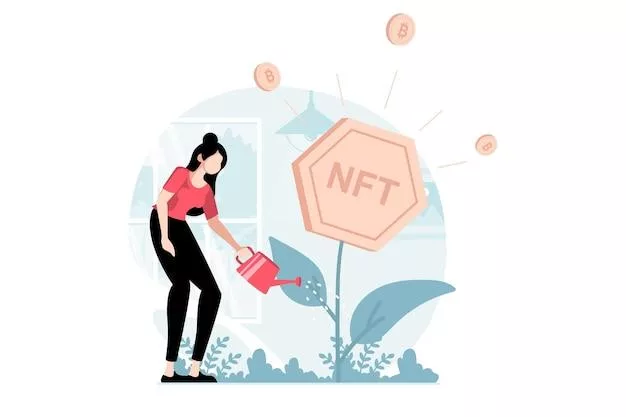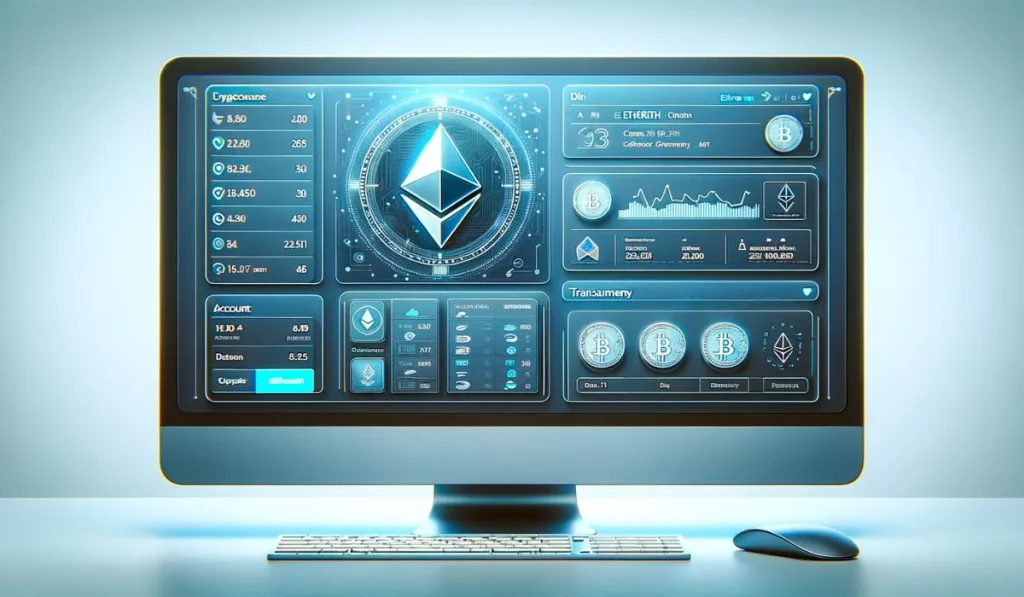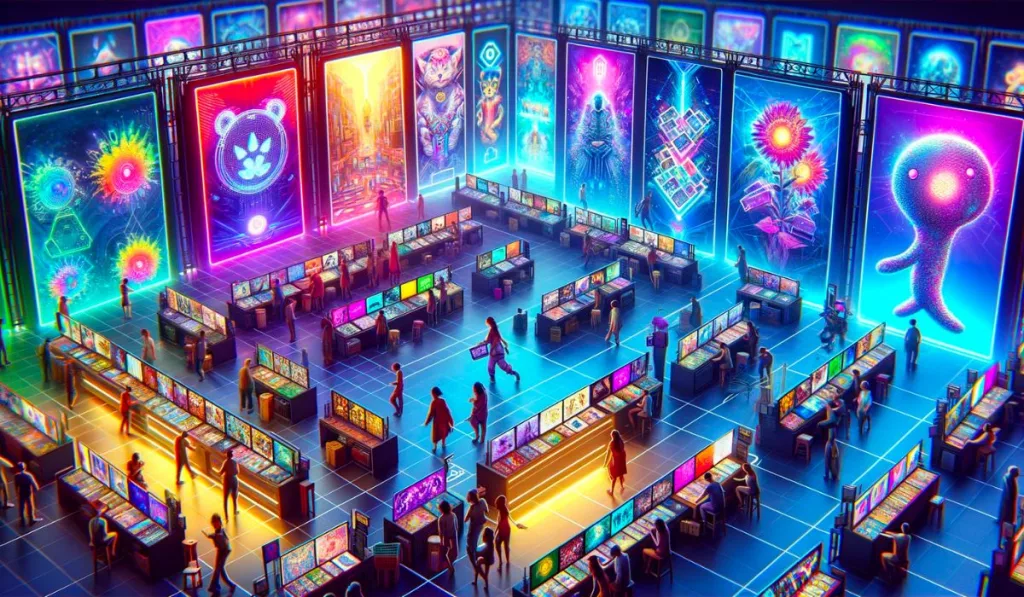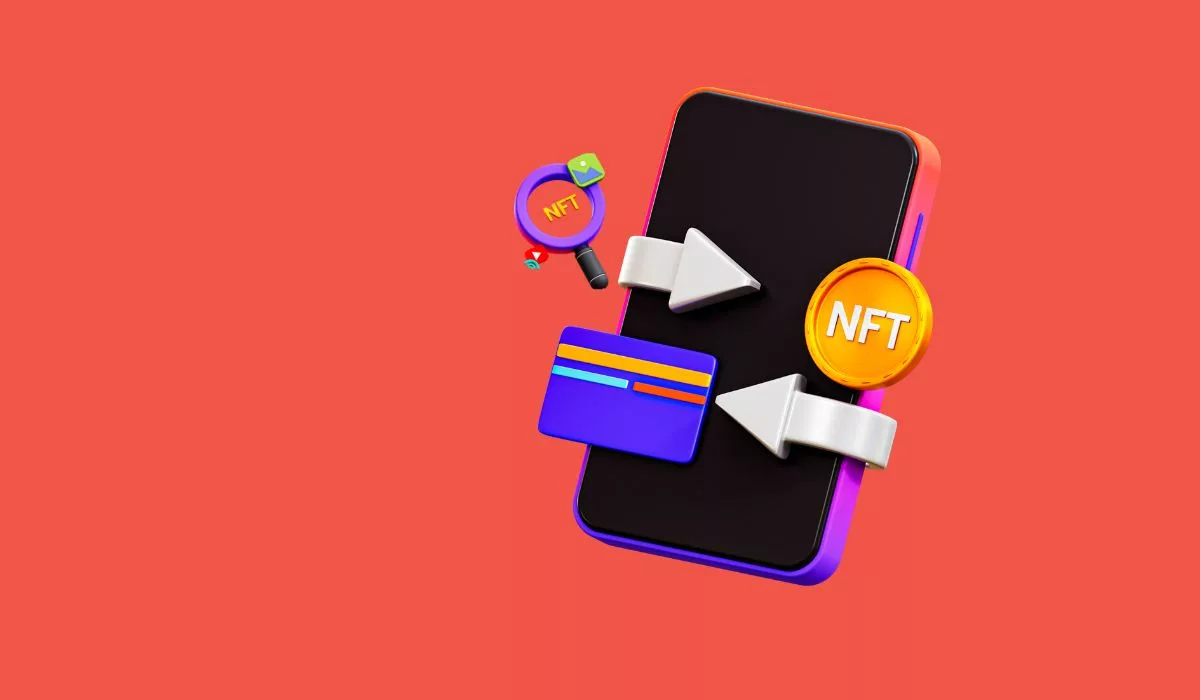So, you’re thinking about diving into the world of NFTs in 2025—or maybe you’re already in it and looking to up your game. Either way, one thing’s clear: having the right tools can make or break your NFT development journey.
The NFT space isn’t just about digital art anymore. It’s evolving fast—think gaming assets, real estate tokenization, music rights, identity verification, and even AI-generated collectibles. As the ecosystem matures, so do the tools that support it. From smart contract libraries and minting platforms to decentralized storage and frontend frameworks, the right tech stack can help you build secure, scalable, and user-friendly NFT experiences.
But here’s the catch—with so many tools out there, it’s easy to get confused. And worse, a few missteps early on (like choosing the wrong blockchain or skipping metadata best practices) can cost you big time.
In this blog, I’ll walk you through a handpicked checklist of top NFT development tools to use in 2025, plus common mistakes developers often make—and how to avoid them. Whether you’re a developer, startup founder, or digital creator, this guide is designed to save you time, effort, and headaches.
Let’s get started.

What is NFT Development?
Before we jump into the tools, let’s take a moment to understand what NFT development really involves—because it’s more than just minting a piece of digital art.
NFT (Non-Fungible Token) development refers to the process of creating unique digital assets on a blockchain that represent ownership or proof of authenticity. These tokens are “non-fungible,” meaning they can’t be exchanged on a one-to-one basis like cryptocurrencies. Each token is unique, traceable, and securely stored on-chain.
At its core, NFT development includes:
- Writing smart contracts that define the rules and ownership of the NFT
- Setting up metadata (like images, videos, attributes, and descriptions)
- Choosing the right blockchain to deploy your NFTs
- Integrating with a frontend or marketplace so users can view, buy, or sell tokens
- Ensuring secure storage, often via IPFS or other decentralized systems
NFTs have found applications far beyond digital art. In 2025, we’re seeing massive adoption in:
- Gaming (developing in-game assets and collectibles)
- Virtual real estate (land parcels in the metaverse)
- Music & entertainment (royalties and fan engagement)
- Identity & certification (verifiable credentials)
- Loyalty programs and memberships
In short, NFT development blends blockchain expertise with creativity and strategy. And to do it right, you need more than just coding skills—you need the right toolkit, a solid understanding of NFT standards, and an awareness of the current landscape.
Please also read: How to Hire the Best NFT Developer for Your Business?
Top NFT Development Tools To Use Now
Let’s explore the top NFT development tools that you can use to create, manage, and trade NFTs.
Blockchain Networks to Consider
Tool #1: Ethereum Wallet
The first essential tool for NFT development is an Ethereum wallet. Ethereum is one of the most popular blockchain platforms for creating NFTs, and an Ethereum wallet is necessary to store and transfer Ethereum-based tokens, including NFTs. There are several types of Ethereum wallets available, including hardware wallets, software wallets, and online wallets.

Hardware wallets, such as Ledger and Trezor, are the most secure option for storing your Ethereum and NFTs. These wallets are physical devices that store your private keys offline, making them less vulnerable to hacking or theft. Software wallets, such as MyEtherWallet and MetaMask, are another popular option. These wallets are installed on your computer or mobile device and allow you to access your Ethereum and NFTs from anywhere. Online wallets, such as Coinbase and Binance, are the least secure option but are more convenient for beginners.
Regardless of which type of Ethereum wallet you choose, it’s essential to keep your private keys safe and secure. Losing your private keys could result in the loss of your Ethereum and NFTs, so be sure to back up your wallet and keep your private keys in a safe place.
Also have a look at: What are Private Blockchains? Learn about the platforms with examples
Tool #2: Solidity Programming Language
The second essential tool for NFT development is the Solidity programming language. Solidity is the most popular programming language for creating smart contracts on the Ethereum blockchain, including NFTs. Smart contracts are self-executing contracts that can automate the transfer of NFTs between parties.
Solidity is a high-level programming language that is similar to JavaScript and is designed to write smart contracts for Ethereum-based applications. It’s essential to have a solid understanding of Solidity if you want to create NFTs that are unique, secure, and compatible with popular marketplaces.
There are several resources available to learn Solidity, including the Solidity documentation, online courses, and tutorials. It’s also a good idea to join developer communities on social media platforms, such as Reddit and Discord, to connect with other developers and share knowledge.
Also read: Tips for Marketing Your NFTs on Social Media
Tool #3: OpenSea Marketplace
The third essential tool for NFT development is the OpenSea marketplace. OpenSea is one of the most popular marketplaces for buying, selling, and discovering NFTs. It’s a decentralized marketplace that allows creators to mint and list their NFTs for sale, and buyers to browse and purchase NFTs using cryptocurrency.

OpenSea supports a wide range of Ethereum-based NFTs, including NFT art, music, collectibles, and gaming items. It also offers a robust API that allows creators to integrate their NFTs with other platforms, such as social media and gaming websites.
To list your NFTs on OpenSea, you’ll need to create an account and connect your Ethereum wallet. Once you’ve done that, you can create and mint your NFTs using OpenSea’s simple interface. You can also set your price and royalty fees, which allow you to earn a percentage of each sale when your NFT is resold on the secondary market.
Also read: Top NFT Gaming Platform Development Companies
Tool #4: IPFS for Decentralized Storage
The fourth essential tool for NFT development is IPFS (InterPlanetary File System) for decentralized storage. IPFS is a peer-to-peer network protocol that allows you to store and share files in a decentralized way, without relying on a central server. This makes it an ideal solution for storing and distributing NFTs, which require a secure and decentralized storage solution.
IPFS uses content-addressable storage, which means that files are identified by their content rather than their location. This makes it more difficult for files to be lost or corrupted, as multiple copies are stored across the network. IPFS also supports versioning, which allows you to track changes to your NFTs over time.
To use IPFS for NFT development, you’ll need to install an IPFS node and create an IPFS hash for your NFTs. You can then use this hash to store and distribute your NFTs on the IPFS network. There are several IPFS hosting services available, including Pinata and Fleek, which make it easy to upload and manage your NFTs on the IPFS network.
Also Read: Guide to developing an Ideal NFT Minting Website To Earn Millions
Tool #5: Remix IDE for Smart Contract Development
The fifth and final essential tool for NFT development is the Remix IDE (Integrated Development Environment) for smart contract development. Remix is a web-based IDE that allows you to write, test, and deploy smart contracts on the Ethereum blockchain. It’s designed to be a simple and intuitive way to create smart contracts, even for beginners.
Remix includes a Solidity compiler, a debugger, and a testing framework, which makes it easy to write and test your smart contracts. It also includes integration with the Ethereum blockchain, which allows you to deploy your smart contracts directly from the IDE.
To use Remix for NFT development, you’ll need to create a new Solidity file and write your smart contract code. You can then use the Remix IDE to compile and test your smart contract, and deploy it to the Ethereum blockchain using your Ethereum wallet.
Also read: What Is NFT Metaverse Launchpad?
Additional NFT Development Tools
While the five tools we’ve discussed are essential for NFT development, some several other tools and resources can help you create a successful NFT project. These include:
- Nifty Gateway: A popular marketplace for buying and selling limited-edition NFTs.
- SuperRare: A curated marketplace for high-end digital art NFTs.
- Rarible: A decentralized marketplace for buying and selling NFTs, with a focus on art and collectibles.
- CryptoArt: A community of artists and collectors who are passionate about NFTs and the crypto art movement.
- Marketing tools: Social media platforms, email marketing, and influencer marketing can all help you promote your NFT project and reach a wider audience.
Importance of NFT Development Tools in 2025
Let’s be real—NFT development in 2025 is not what it used to be. The landscape has evolved, and so have user expectations. What worked back in 2021 or 2022 just doesn’t cut it anymore. We’re now building in a much more mature, fast-paced, and competitive ecosystem.
Here’s why the right NFT tools matter more than ever:
1. Metaverse & AI Integration
We’re seeing NFTs deeply integrated into metaverse platforms and even AI-driven marketplaces. That means tools now support advanced features like AR/VR rendering, real-time interactions, and dynamic NFTs that evolve with user behavior or external data.
2. Cross-Chain & Scalable by Design
In 2025, we’re not just building on Ethereum. Tools now support multi-chain deployments—Polygon, Solana, Flow, Avalanche, and others—so your NFTs can reach a broader audience while keeping costs low and speed high.
3. Efficiency & Speed
The NFT market doesn’t wait. Whether you’re launching a PFP collection, a gaming asset system, or a new digital membership model—time to market is everything. Modern development tools help streamline your workflow, automate testing, and deploy contracts quickly and securely.
4. Security is Non-Negotiable
With millions (sometimes billions) in assets on the line, security isn’t optional. One buggy smart contract can mean lost funds or a failed project. Today’s tools come with built-in auditing features, reusable contracts, and battle-tested templates to minimize risks.
5. Better Developer & Creator Experience
No-code and low-code tools are empowering creators to build without deep technical knowledge. On the flip side, developers now have robust SDKs, testing frameworks, and analytics platforms to fine-tune every part of the NFT lifecycle.
Common Mistakes to Avoid During NFT Development
While NFT development can be an exciting and rewarding process, it’s also important to be aware of common mistakes that can derail your project. Some of these mistakes include:
- Poor planning: Failing to plan your project properly can lead to delays, oversights, and errors.
- Lack of market research: Failing to research the market and understand your target audience can result in a project that doesn’t resonate with buyers.
- Overcomplicating your NFTs: Creating NFTs that are too complex or difficult to use can turn off potential buyers.
- Ignoring security: Failing to secure your NFTs and protect your private keys can result in the loss of your assets.
- Neglecting marketing: Failing to market your NFT project effectively can result in low visibility and poor sales.
By avoiding these common mistakes and using the right tools and strategies, you can create a successful NFT project that resonates with buyers and stands out in a crowded market.
Conclusion
NFTs have changed the way we think about ownership, authenticity, and value in the digital world. Whether you are an artist, musician, or entrepreneur, NFTs offer an exciting opportunity to monetize your work and connect with a global audience. However, creating a successful NFT project requires more than just creativity and talent. It requires a deep understanding of blockchain technology, programming languages, and marketplaces, as well as the right tools and strategies to make your project a success.
With these tools and strategies in your arsenal, you can create NFTs that are unique, secure, and valuable to buyers. So, what are you waiting for? Start exploring the world of NFTs today and discover the endless possibilities of this exciting new technology!










Leave a Reply